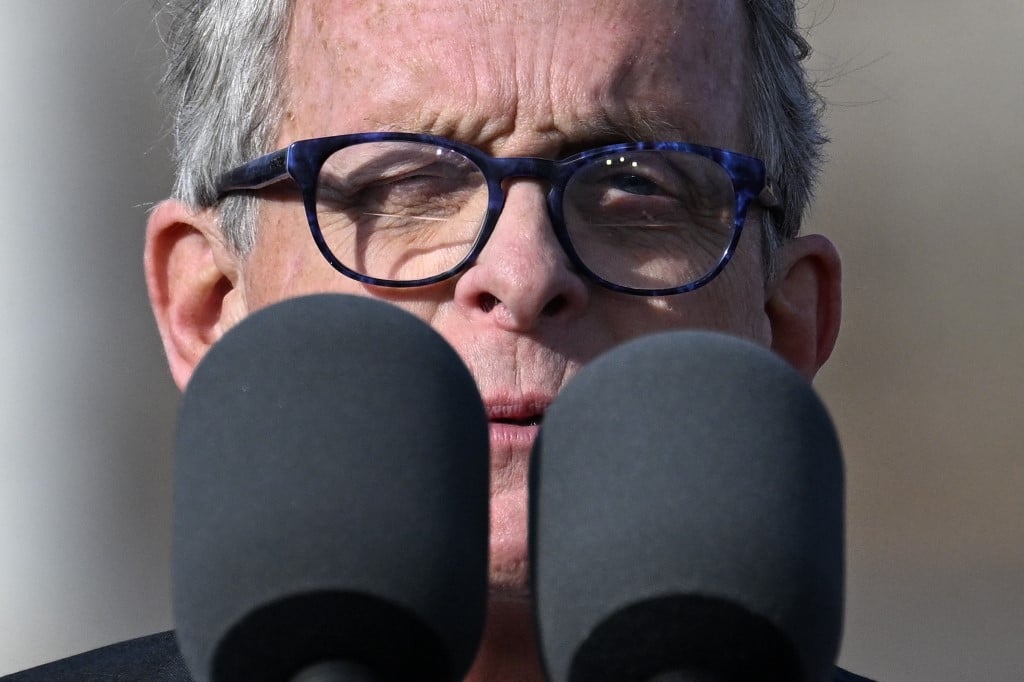
Ohio Governor Mike DeWine included a steep tax increase on sportsbook revenues in his budget proposal, but the House has removed the increase, which is a win for the mobile sports betting platforms and consumers alike.
Reps Say No
Like many other governors, Mike DeWine has a budget deficit, and he’s conjuring ways to solve it, whether it be through new revenue sources or increased taxes. He would also like the state to fund up to 40% of a new stadium for the Cleveland Browns, which will obviously require even more money.
DeWine justified financing part of a new football stadium by saying, “Look, Ohio citizens are giving every single day millions of dollars to sports gaming companies. It’s time for us to raise the tax on them so that we can do things to help Ohioans,” DeWine said. “These are the companies that are taking all of this money outside, draining it outside of the state of Ohio on gaming. They ought to pay their fair share, and this would make them pay their fair share.”
As the old tongue-in-cheek saying goes, a few hundred million here and a few hundred million there, and before you know it, you’re talking serious money. Serious money indeed, which is why DeWine proposed to double the tax on sportsbook revenues from 20% to 40%. This comes after his previous tax hike on those same sportsbooks that boosted the state’s cut from 10% to 20% only six months after they launched in 2023.
Apparently, this most recent gambit by the governor was a bridge too far for Ohio lawmakers in the House, who voted 60-39 last week to pass an amended version of House Bill 96 without the tax hike included. Although the likelihood of a tax increase being resurrected in the Senate is unlikely, it is not impossible; therefore, Governor DeWine’s tax hike on sportsbook revenues still has a remote possibility of returning.
Bad for Business
Tax hikes on sportsbooks come with consequences for the consumers in the form of less competitive odds and fewer bonuses. And it can also lead to a decline in overall betting as those customers can become disenchanted and begin wagering in neighboring states that offer more attractive odds or explore wagering opportunities at offshore books.
Moreover, the sportsbooks will decrease their advertising budgets as another way to cut costs, which means they will capture less of the target market. All of these manifestations can prohibit maximizing profitability, but it appears the Ohio House considered the big picture when they amended the budget proposal and withdrew the governor’s steep tax increase.
Lawmakers like State Representative Bride Rose Sweeney of Cleveland voiced her concern that another doubling of the tax rate could backfire. “We just had a massive increase in this tax last budget cycle from 10% to 20%, and we’re still realizing what that actually means to the industry,” said Sweeney. “I think we have a lot more due diligence to do.”
Scott Ward, vice president of the Sports Betting Alliance, cautioned that the tax increase could lead to “worse products for customers, de-incentivize investment through sportsbooks’ community partners, and leave far less funding for future responsible gaming initiatives.”







